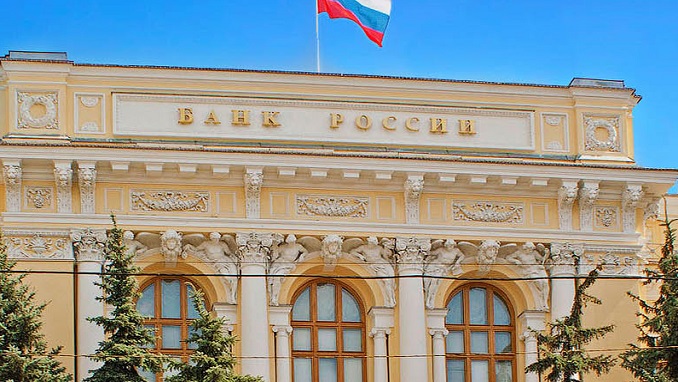The risk that Russia’s economy will fall into recession in the third quarter of this year is lower, according to a new macroeconomic forecast by the Plekhanov Russian University of Economics. Still, experts say that a significant slowdown in GDP growth is possible, Izvestia writes.
According to the forecast, the risk of the Russian economy slipping into recession has reduced from 20%-25% in the beginning of the year to 5%-10% in the third quarter. The academics say that the risk of the country’s GDP growth will slow down remains at 20%. A drop in oil prices would double this risk, the experts said.
Aside from the oil prices, analysts say another threat for the economy is a possible extension of sanctions, namely the freezing of Russian state banks’ accounts abroad.
The most probable scenario of Russian economic development is that it will continue growing, the study says. This will be ensured by the population’s increased borrowing and growing oil prices. However, there is still a recession risk due to the increase of the VAT rate in January 2019 and the continuing ruble depreciation. The authors of the study believe that as soon as the first factor’s influence is exhausted, the likelihood of recession will be gradually reduced.
To avoid recession, Russia needs to change its economic model, says Nikita Isaev, director of the Institute of Contemporary Economy (INSOR). According to the expert, Russia needs to develop its processing industry and private businesses. The first and key steps in this direction should be reducing taxes and total privatization, except for strategic extracting and defense enterprises. Russia’s budget is still dependent on resources at 46.4%, the expert noted.
Yuri Yudenkov, professor at the Russian Presidential Academy of National Economy and Public Administration (RANEPA), believes that there are no reasons for economic slowdown in Russia at the moment.
According to him, Russia has been providing loans to industries and implementing President Putin’s national projects, which guarantee added GDP growth. However, the EU and U.S. sanctions aimed at weakening Russia’s economy are a significant factor of risk, he noted.












